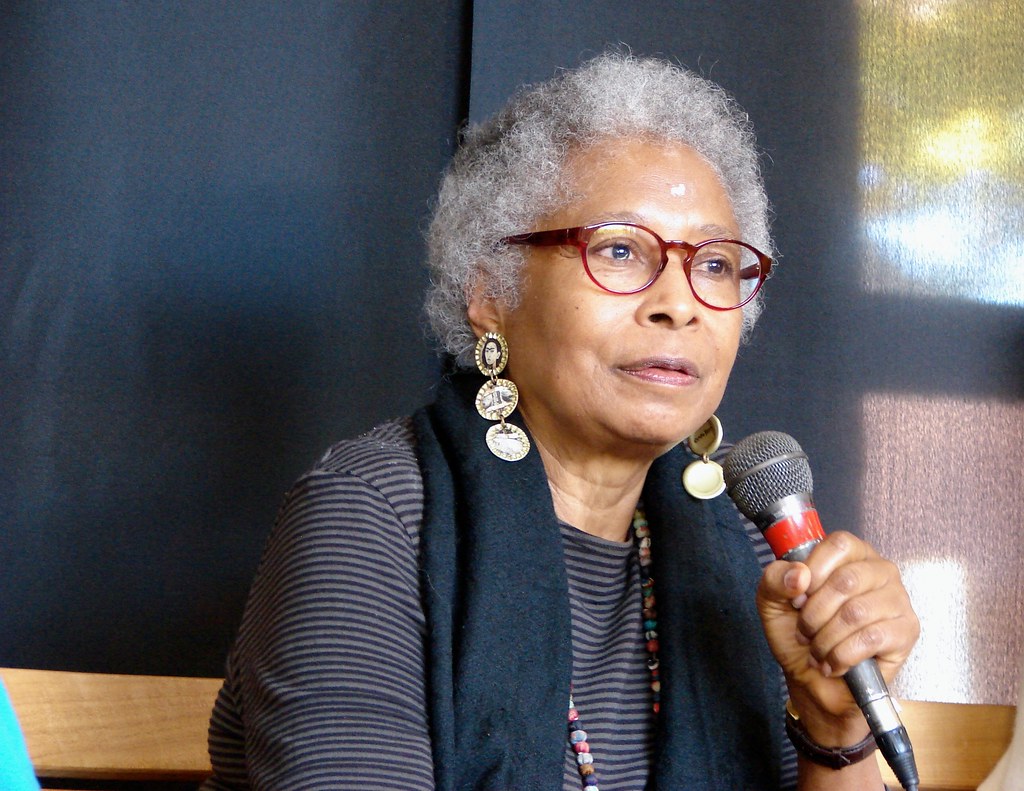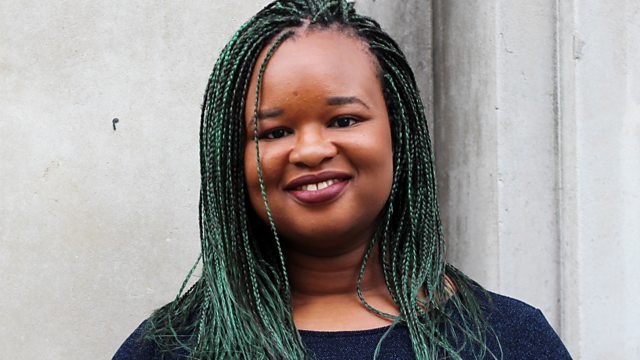
As part of our Amplify Black Voices series, Caroline Whitham, Finance & Administration Worker at
Scottish PEN, shares her reading recommendations.
The Black Lives Matter movement asks white people like me not only to dismantle structural racism but to ask ourselves as allies why we have failed to do so already. We are called upon to examine the times we personally have failed to listen to black voices, or have weighed white opinions more heavily. One way in which our unconscious biases mislead us is that we identify with people who look like us and have similar backgrounds to ours. Unfamiliarity with the black experience is a stumbling block that not only affects those who don’t want to listen, but those of us who do but are subconsciously afraid of being confronted with our own privilege and complicity.
Reading offers us a path to understanding and identification with experiences beyond our own, and opens a window through the eyes of black writers to perspectives white people could only otherwise have understood from the outside. In that spirit I would like to recommend three books that I have read recently, and that have helped me to continue on a path towards addressing my own biases, and hopefully becoming a better ally and human.

Before writing The Color Purple, Alice Walker published her second novel, Meridian, in 1976. The titular character is a symbol for the changing black rights movement, as frustration with the ongoing racism of America radicalises the idealists of the 60s. Although we are first introduced to Meridian through the eyes of her former lover, Truman, as a martyr to the cause, each subsequent page, particularly those written from Meridian’s perspective, contains sharp insight into the life of a black woman and the formation of an activist. The book is extraordinary, packed with thought provoking commentary on race and gender, making you want to linger over each chapter, but urgent enough to echo the drive of the main character and make you want to rush through it. Above all, Meridian is suffused with exhaustion, demonstrating how little has changed when one of the most frequently heard statements 45 years later is, “Imagine how tired we are.”

Jackie Kay’s first novel, Trumpet negotiates a space where race meets LGBT+ issues. Beginning after the death of family patriarch and famous jazz musician Joss Moody, the novel follows wife Millie through her pure, agonising mourning as she remembers the love of her life, and their son Colman, whose relationship with his idolised father has been shaken to the core by revelations following his death. Millie’s recollections of dating and marrying a black man as a white woman in 1950s and 60s Glasgow are contrasted against Colman’s more modern sensibilities as a young black man living in London. Meanwhile Sophie Stones, a selfish journalist, hovers over Colman fanning the flames of his anger in the hopes of exploiting him to get a tell-all biography published. Kay captures beautifully the pain and suffering of mourning and the process of coming to terms with loss.

I first read My Sister the Serial Killer by Oyinkan Braithwaite when I was recovering from an operation, and her direct, insightful prose helped me to escape into the crowded roads and stifling society of Lagos, where we first meet Korede cleaning up after a murder. As the eldest daughter of an abusive politician, Korede has always protected her little sister Ayoola, and she is unable to break the cycle even when her sister develops a habit of killing her boyfriends.
Society’s rewards for physical attractiveness versus strength of character in women is a major theme as plain Korede watches beautiful Ayoola negotiate the world, as well as the complex relationships between sisters and families. Braithwaite is able, perhaps because of her background in poetry, to very concisely describe incidents and scenes that quickly immerse a global reader into a possibly unfamiliar setting, providing a rich background against which her imperfect characters shine.